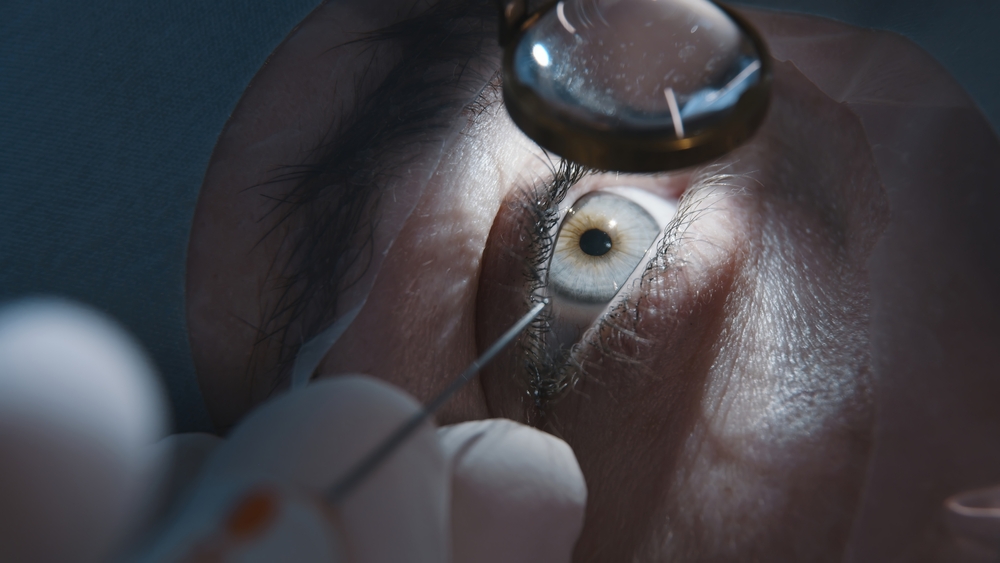
When we think about vision, we often focus on the eyes themselves, but one of the most crucial components of this process is the retina, a tiny yet powerful part of the eye that plays a key role in how we see the world around us. Understanding the retina and its function is essential for appreciating how our vision works and the importance of maintaining retinal health.
What is the Retina?
The retina is a thin layer of tissue located at the back of the eye. It is made up of millions of light-sensitive cells called photoreceptors, which include two main types: rods and cones. Rods are responsible for vision in low light conditions, while cones are responsible for color vision and fine detail. The retina’s primary role is to convert the light that enters your eye into electrical signals, which are then sent to the brain via the optic nerve. Once these signals reach the brain, they are interpreted as images, allowing us to see.
Why is the Retina Important for Vision?
The retina is critical because it is responsible for translating light into neural signals that allow the brain to create images. Damage to the retina can lead to vision problems, and in severe cases, blindness. Here are some reasons why the retina is so important for vision:
Clarity and Detail: The retina is essential for seeing sharp images and recognizing fine details. It allows us to read, drive, and appreciate the beauty in our surroundings.
Color Perception: Cones in the retina allow us to see in color. Without the retina's proper functioning, we wouldn’t be able to distinguish between the vast array of colors in the world.
Low-Light Vision: The rods in the retina help us see in dim lighting conditions, ensuring we can navigate in the dark or low-light environments.
Peripheral Vision: The retina is not only responsible for central vision (the objects directly in front of you) but also for peripheral vision, which allows you to see what’s happening around you.
Common Retinal Conditions
Given its crucial role, any damage to the retina can result in significant vision problems. Some of the most common retinal conditions include:
Macular Degeneration: A condition that affects the central part of the retina (the macula) and leads to vision loss in the center of your visual field.
Retinal Detachment: Occurs when the retina pulls away from the back of the eye, leading to sudden vision loss if not treated promptly.
Diabetic Retinopathy: High blood sugar levels can damage the blood vessels in the retina, leading to vision impairment.
Retinitis Pigmentosa: A group of genetic disorders that affect the retina and lead to progressive vision loss.
How to Protect Your Retina
Maintaining good eye health is essential for protecting the retina and preventing vision problems. Here are some ways to keep your retina healthy:
Regular Eye Exams: Routine eye exams can detect early signs of retinal issues before they become severe. This is especially important for people with risk factors like diabetes or a family history of retinal conditions.
Manage Chronic Conditions: Controlling diabetes, hypertension, and other health conditions can help protect the retina from damage.
Wear Sunglasses: Prolonged exposure to UV rays can harm the retina. Always wear sunglasses with UV protection when outdoors.
Maintain a Healthy Diet: Nutrients like omega-3 fatty acids, vitamin C, vitamin E, and zinc are beneficial for retinal health. Foods like leafy greens, fish, and citrus fruits are excellent choices for promoting good eye health.
Book Your Eye Exam with Chan Eye Care Today
The retina is a remarkable part of the eye that is vital for vision. From capturing light and transmitting signals to the brain, to enabling us to see in color and detail, the retina is indispensable. Protecting your retina through regular eye exams and a healthy lifestyle can help maintain clear vision and prevent serious eye conditions.
Schedule an eye exam with Chan Eye Care to ensure the health of your retina and your overall vision. Visit our office is in Virginia Beach, Virginia, or call (757) 430-8800 to book your appointment today.








